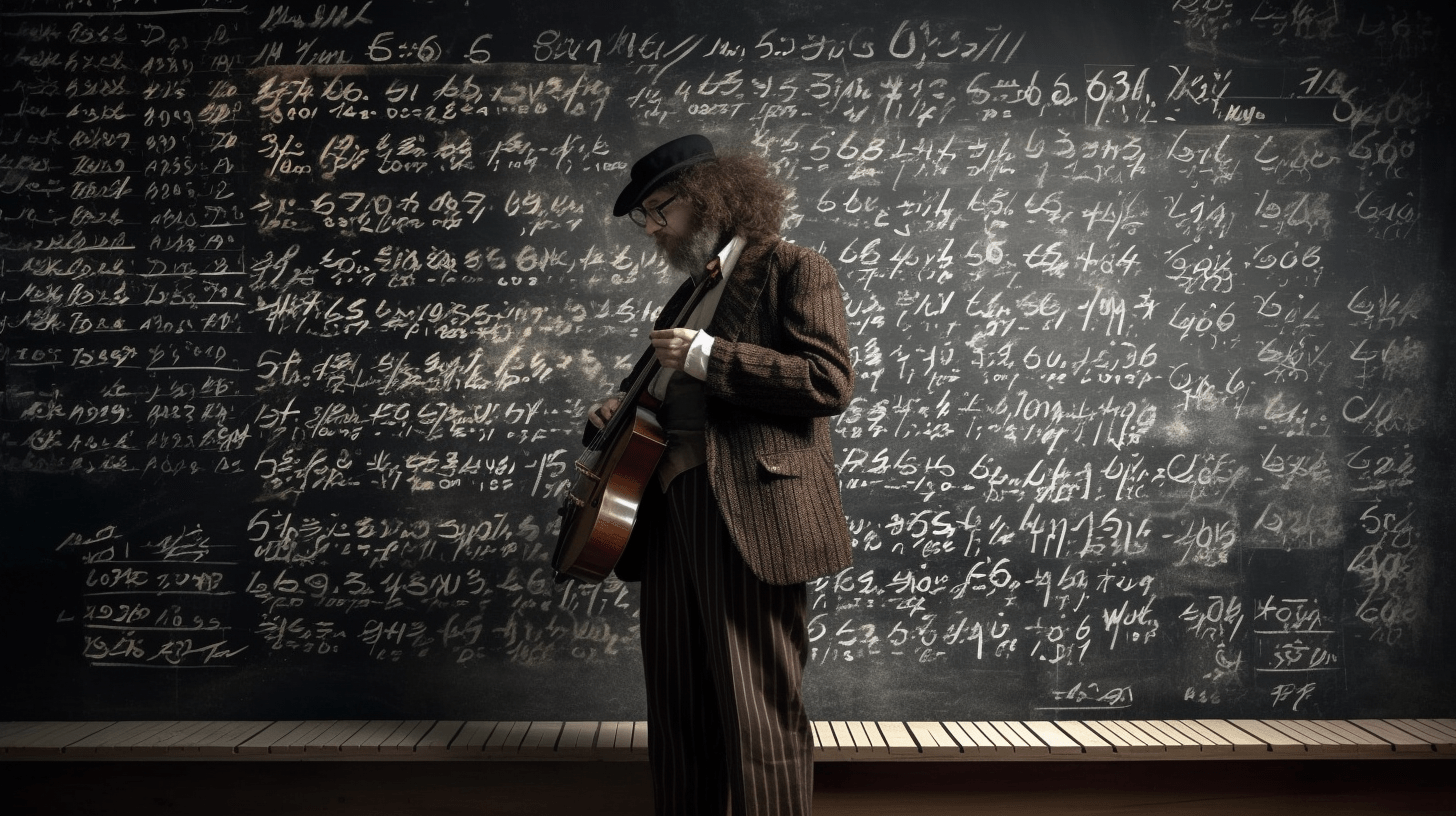Google Bard gets logic update and more capable language models

Google CEO Sundar Pichai compares the current Bard chat AI to a "souped-up Civic" and promises more capable models in the near future. A first update improves Bard's logic and math skills.
Since Bard's release, users have made comparisons between ChatGPT and GPT-4, mostly in favor of the OpenAI product. In a podcast with the New York Times, Google CEO Pichai explained the gap by saying that Bard uses a "lightweight and efficient version" of the LaMDA language model that is optimized for dialogue.
The idea, he said, is to proceed cautiously, find out what kind of queries users would make, and then enter a cycle of optimization - similar to what OpenAI did with ChatGPT. Comparing Bard to ChatGPT is like comparing a "souped-up Civic" in a race to real sports cars, Pichai said.
Google also has cost reasons for using the smallest and most efficient AI models possible, because they are cheaper to run. With potentially hundreds of millions or even billions of queries per day, that matters.
Bard gets an update in logic, math and soon code
But Pichai makes it clear that Google is playing catch-up: "But we are going to be training fast. We clearly have more capable models."
The latest version of Bard, which went live alongside the podcast, is based on "some of our more capable PaLM models," according to Pichai. It brings new capabilities in logic and math tasks and soon coding.
"We're all still in the very, very early stages. As time goes on, we'll have more good models to use. But I don't want it to be about who gets there first, it's very important that we get it right," Pichai says.
On Linkedin, Bard product manager Jack Krawczyk confirmed that Bard has already received an update that allows for better reasoning in multi-step language and math problems. Code features and "a lot more" are coming soon, Krawczyk writes.
"We're always balancing new capabilities for Bard with efficiency. And this update is just one example of the many improvements we're making to Bard every week."
Pichai didn't call a code red, but he does demand urgency
After the launch of ChatGPT, the New York Times reported in December 2022 that Pichai had called a "code red" at Google to activate the entire team because of a fundamental threat to its business model. The code red didn't happen, according to Pichai. But he did push the teams.
"I am definitely asking teams to move with urgency," Pichai said. "[...] And so we are moving. I think we have a responsibility at this moment to deliver, given all the investment we have put into it."
Pichai admits that there may have been people who mentioned a code red in emails. But he did not explicitly say so himself. Pichai also confirmed that Larry Page and Sergey Brin are getting more involved in Google's development.
For Pichai, the question of what exactly defines artificial general intelligence (AGI) and when it will be achieved is less relevant. It's clear to him that AI systems will become "very, very capable," so capable that whether AGI has been achieved "almost doesn't matter."
Pichai does not rule out the possibility that current AI development could reach a dead end. However, he does not believe this will happen and expects to see greater progress every two years.
"AI is the most profound technology humanity will ever work on. I’ve always felt that for a while. I think it will get to the essence of what humanity is. And so this is the tip of the iceberg, if anything, on any of these kinds of issues, I think," Pichai says.
AI News Without the Hype – Curated by Humans
As a THE DECODER subscriber, you get ad-free reading, our weekly AI newsletter, the exclusive "AI Radar" Frontier Report 6× per year, access to comments, and our complete archive.
Subscribe nowAI news without the hype
Curated by humans.
- Over 20 percent launch discount.
- Read without distractions – no Google ads.
- Access to comments and community discussions.
- Weekly AI newsletter.
- 6 times a year: “AI Radar” – deep dives on key AI topics.
- Up to 25 % off on KI Pro online events.
- Access to our full ten-year archive.
- Get the latest AI news from The Decoder.